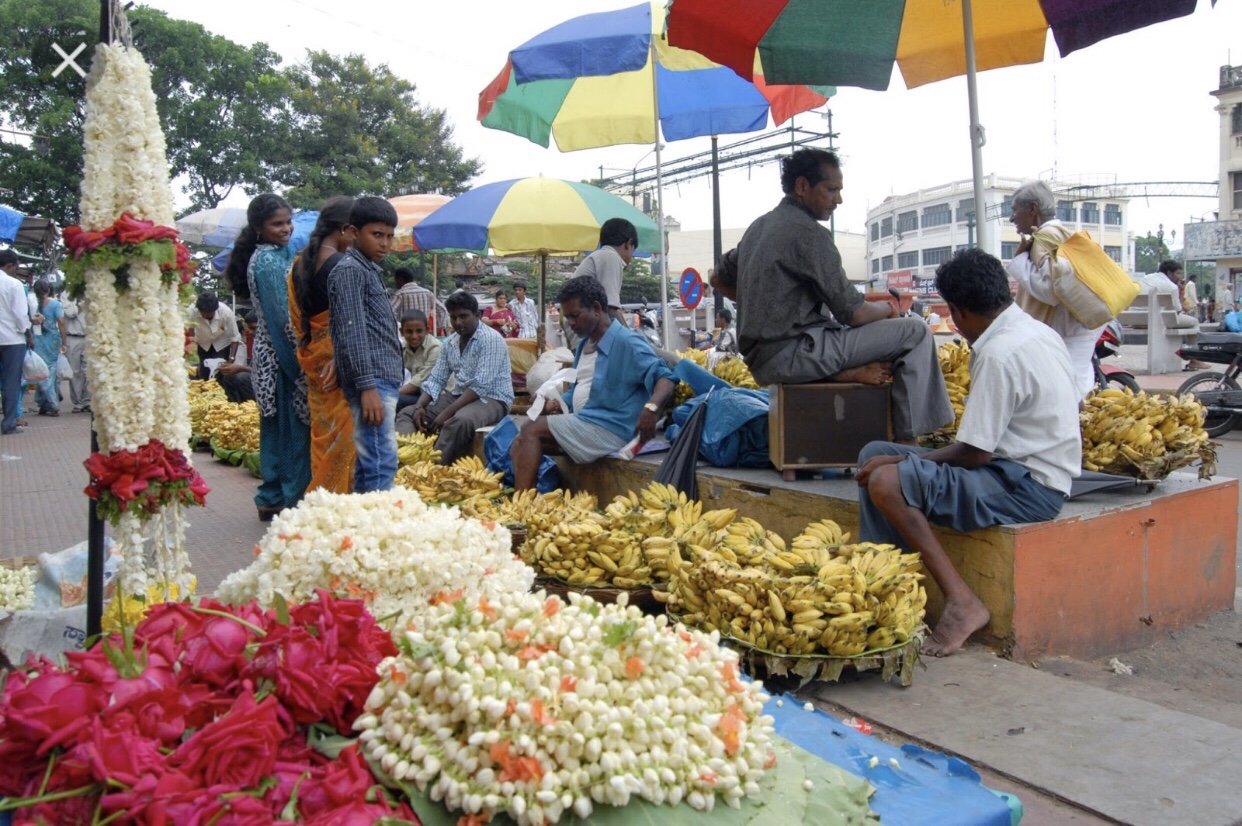Working on the street
- A large number of people in the city work on the streets, selling and repairing things or providing a service.
- They are not employed by anyone and therefore have to organise their own work which include planning how much to purchase, as well as where and how to set up their shops.
- Their shops are usually temporary structures which can be dismantled at any time by the police. So there is a lack of security.
- Street vending was till recently looked upon only as an obstruction to traffic and to people walking.
- However with the effort of many organisations it is now recognised as a general benefit and as a right of people to earn their livelihood.
Also Read: Pradhan Mantri Fasal Bima Yojana (PMFBY)
- The government is thinking about modifying the law that banned street vendors, so that they have a place to work and that there is also a free flow of traffic and people.
- Hawking zones have been suggested for towns and cities.
- It has also been suggested that mobile vendors should be allowed to move around freely.
- Hawkers need to be part of committees that are set up to take these and other decisions relating to them.
In the market
- Many people own shops in various markets of the city.
- Most businesspersons manage their own shops or business and are not employed by anyone.
- But, they do employ a number of other workers as supervisors and helpers.
- These are permanent shops that are given a licence to do business by the municipal corporation.
- The Municipal Corporation also decides on which day of the week the market has to remain closed.
Also Read: प्रधानमंत्रीसुरक्षाबीमायोजना (PMSBY in Hindi)
In the factory-workshop area
- Most workers are employed on what is known as casual basis i.e. they are required to come as and when the employer needs them.
- They are employed when the employer gets large orders or during certain seasons. At other times of the year they have to find some other work.
- There is no job security or protection if there is ill treatment. They are also expected to work very long hours.
In the office area
- There are many workers in the city who work in offices, factories, and government departments where they are employed as regular and permanent workers.
- They attend the same office or factory regularly and their work is clearly identified.
- They get a regular salary. Unlike casual workers they will not be asked to leave if the factory does not have much work.











